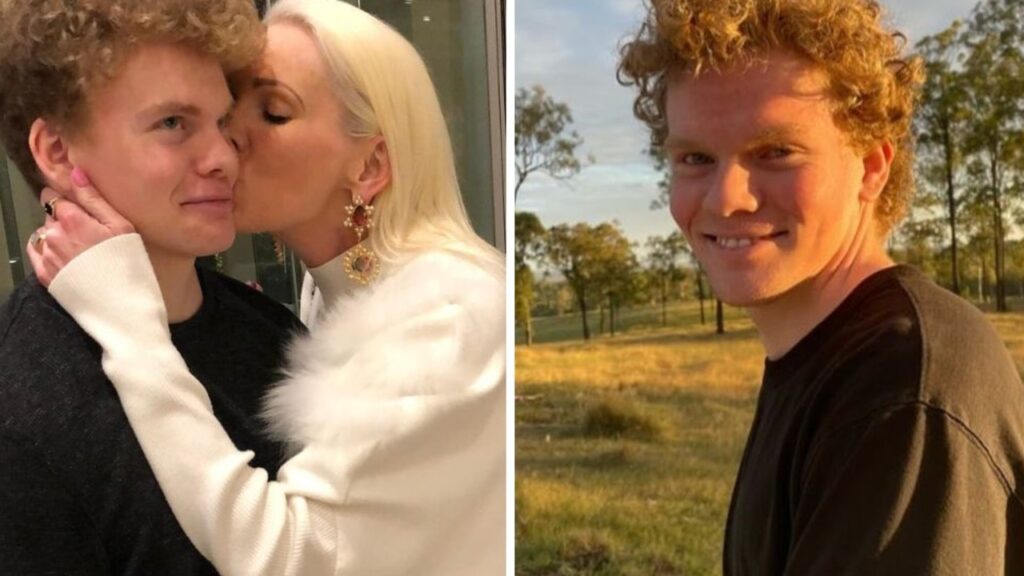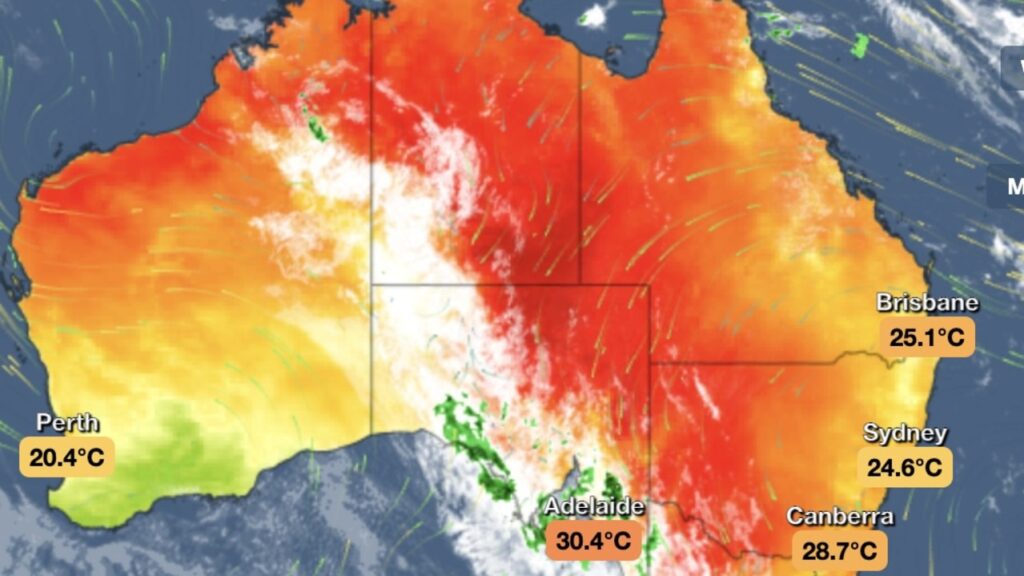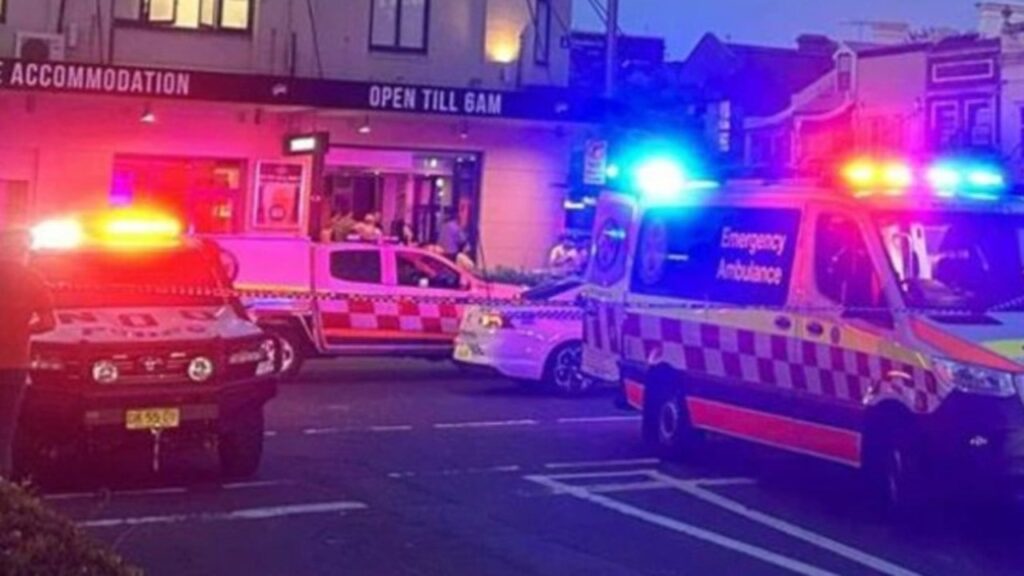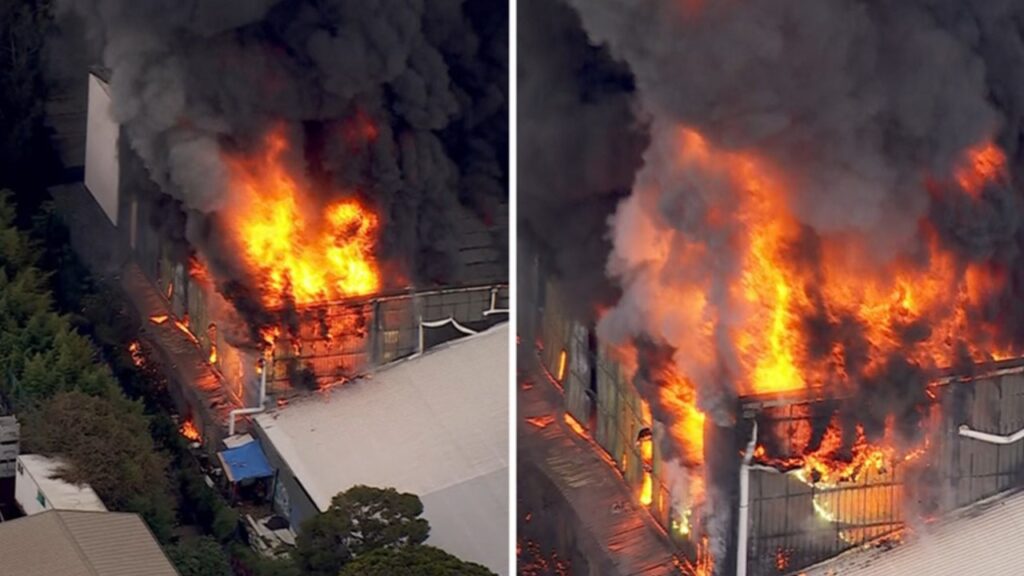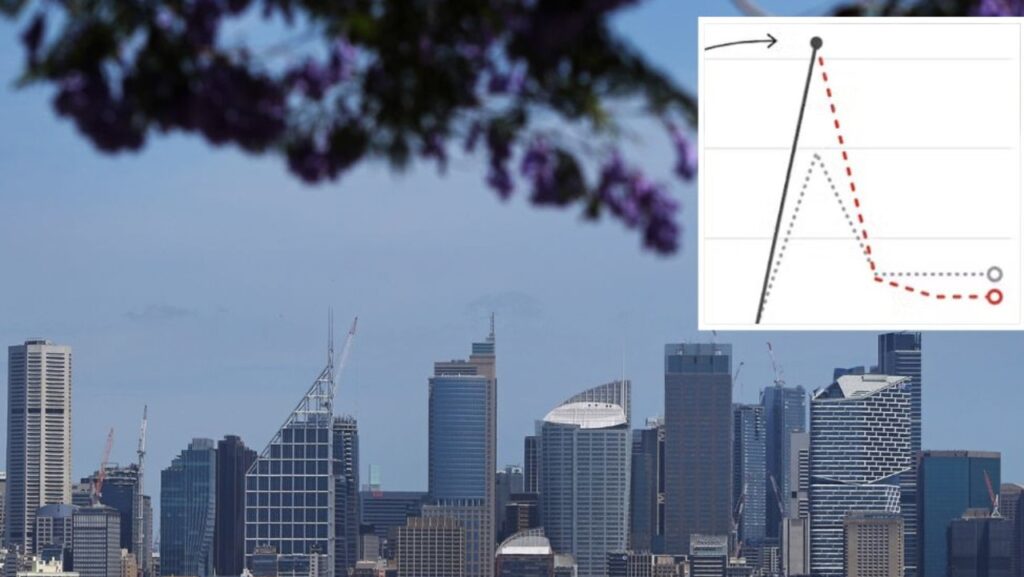Junior doctors settle claim against health department
Written by admin on June 11, 2024
Junior doctors in NSW will receive better pay and working conditions after a doctors union settled legal action it launched against NSW Health in the Supreme Court three years ago.
The claim initiated by the Australia Salaried Medical Officers Federation (ASMOF) alleged NSW Health breached its medical officers award by failing to pay junior doctors for overtime and missed breaks.
As part of the settlement, NSW Health also agreed to variations of the Public Hospital Medical Officers (State) Award that would provide new working arrangements that recognised the work being performed by junior doctors it employed.
ASMOF doctors in training councillor Tom Morrison said for a long time NSW had the lowest paid doctors and worst conditions in Australia, including renumeration for after-hours calls, attending emergencies and the classification of employees in their third year out from medical school.
“A cardiology registrar might have taken 50 calls a night but would only be reimbursed $15; now they will be rewarded at a much more significant rate that reflected the duty and responsibility they were taking on and making lifesaving decisions at all hours of the morning,” he said.
“Even if they were performing the duties of a registrar, which is a trainee specialist doctor, often they were paid as a resident, which is at a different level of seniority and responsibility.
“The two big changes reached and agreed with the ministry have been to address renumeration for on-calls and the other has been a very substantial and welcome increase to payment slips.
“It is a great first step for the ministry to address the working conditions for junior doctors in NSW, but there is a long way to go to see us on parody with other states.”
Health Minister Ryan Park said he was deeply troubled by allegations that junior doctors were not paid their entitlements under the previous government.
“As a Labor minister, as a lifelong supporter of essential workers, resolving this has been a top priority of mine since taking office,” he said.
“I know that NSW Health has undertaken a number of measures to address this historical issue and there is more work to do.
“I never want to see this happen again.”
ASMOF NSW president Dr Nicholas Spooner said the NSW health system had relied on junior doctors working unpaid and unsafe levels of overtime for decades.
“Our goal has always been to achieve lasting changes to the award that will improve conditions for future generations of doctors,” he said.
“Today we are celebrating that in addition to fair compensation for our members, we have achieved important changes to the award that will benefit all doctors in training immediately and into the future.
“We hope these changes will help keep doctors in the public system.
“But we’re not stopping here. We have a long way to go to get conditions comparable to Victoria, Queensland and every other state in Australia.”
Dr Spooner said burnt-out doctors were still leaving NSW public system to work interstate or in the private sector.
“Patients lose out when our hospitals don’t have enough doctors. We are willing to stand up for our public health system and make sure our medical workforce is a priority for the NSW government,” he said.
The parties will now make a consent application to the NSW Industrial Relations Commission to adopt the agreed changes to the award, and ASMOF will discontinue the Supreme Court proceedings.
A NSW Health spokesperson said in a statement that the department remained committed to ensuring that all employees were fairly and accurately paid for their work.

